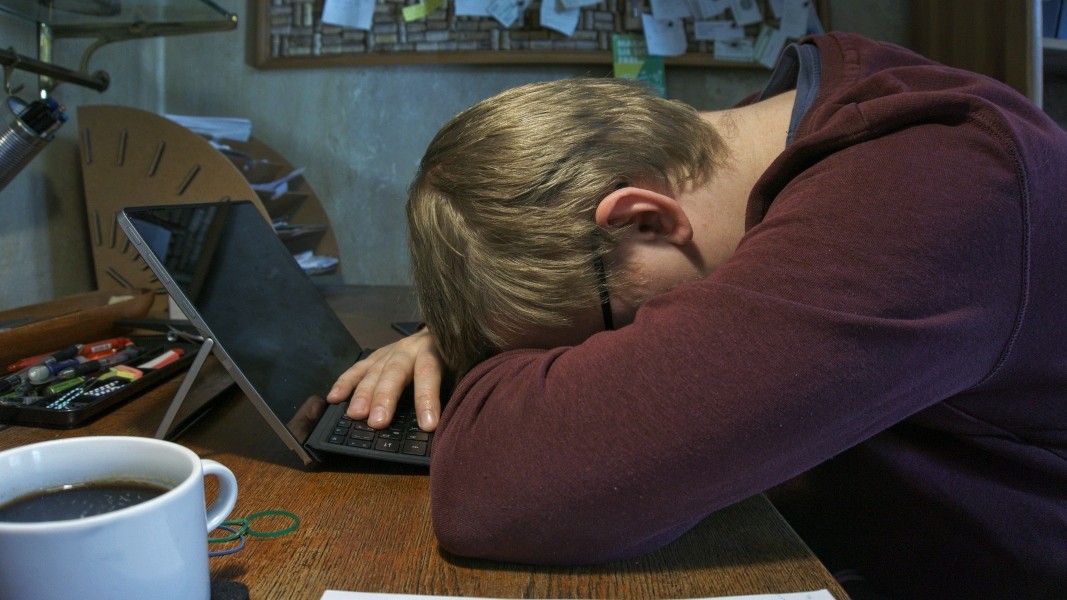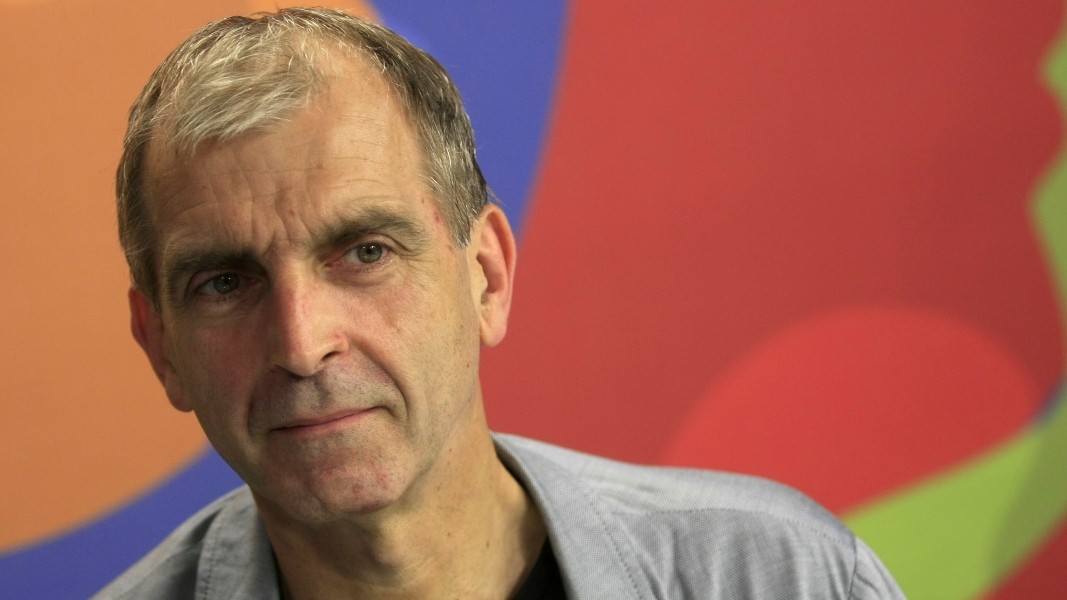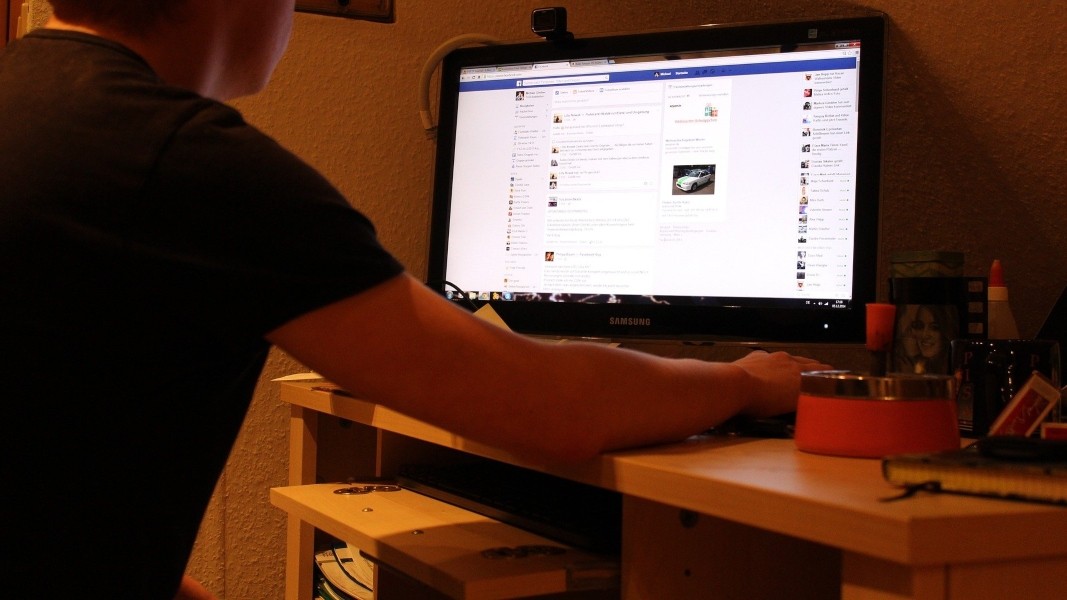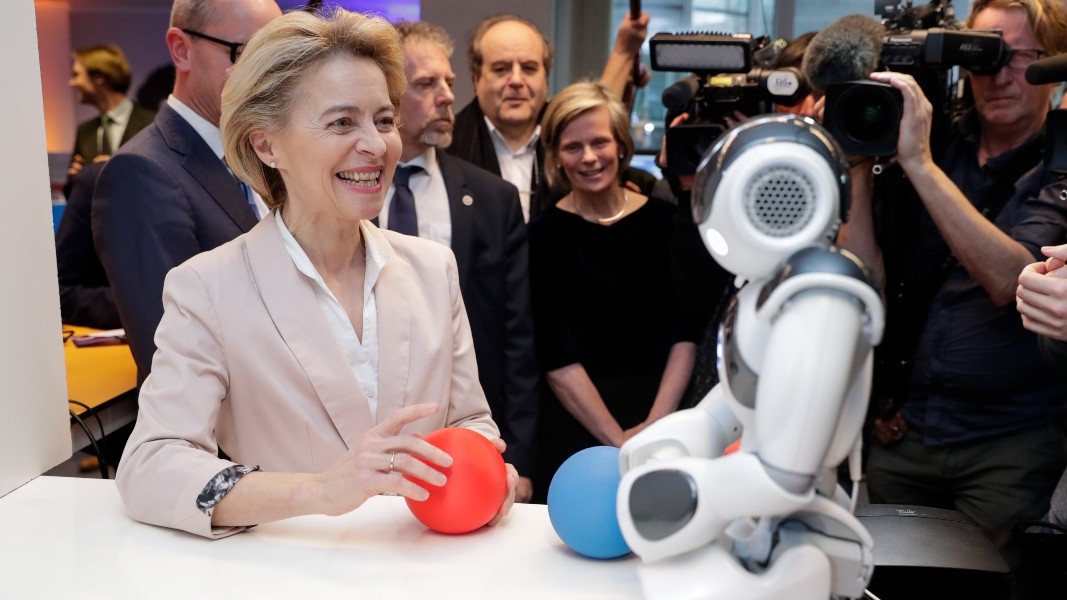In 2020 the Covid-19 pandemic jump-started digitization and brought social media firmly into our lives. Hundreds of thousands of Bulgarians stayed home, transferring everything they do online. Video chatting, virtual reality, telemedicine have firmly crossed over from sci-fi to real life. But that is just the beginning. What is yet to come?

The smart get smarter, the dumb - dumber
Ivaylo Ditchev, professor of cultural anthropology at St. Kliment Ohridski University in Sofia says that the digital revolution inexorably leads to a fragmentation of modern society. Through the social media we have all shut ourselves up in a filter bubble, the so-called echo chamber inside which we only hear our own voice.
“The public domain is getting fragmented in these networks, where, in practice, we choose our partners, the people we talk to, depending on whether they have the same prejudices as we do, and look for confirmation of our own preconceptions. That is how the smart get smarter, and the dumb – dumber,” Prof. Ditchev says and adds:

“The fundamental paradox is that these networks seem public, they look like the agora where anyone can come out and have their say. But on the other hand they are the private property of certain companies like Facebook and Google whose interest is not connected with any moral values, it is to have us clicking and consuming. And the more vicious insults, fake news and gossip we post online, the higher the number of people who will react. That leads to divisions, to strain.”
Hate speech, fake news, conspiracy theories
The effect is a faster spread of hate speech, fake news and conspiracy theories. Amidst the coronavirus conspiracy theories have been thriving online. “The algorithms of the social media are hidden, they are not explained. We don’t know how and why the search engine indexes one element or another. For example, Google is keeping the way it positions the hits a trade secret.”

These algorithms are powered by artificial intelligence, and artificial intelligence is replacing many professions, including in culture and art. More and more people are going to feel useless, unneeded. They are going to feel that society has cast them aside – a process with unforeseen consequences, Prof. Ditchev says. In his words AI is going to deepen inequality among people.
Deepening inequality – among countries as well
“We are imagining that here, in Bulgaria, AI is going to come and develop but, most likely, this country is going to be left out of these processes, and we shall grow poorer and sink even further down in this global world because we do not have the will to develop it. The prime minister of Bulgaria was in the Arab world and there he met with the minister of AI! Imagine how far we are from that! We can’t even get an e-health card going, or an e-prescription amidst the epidemic. This digital quarantine was a splendid opportunity to implement technological advances,” Prof. Ditchev says.

Robots composing music, writing books, painting pictures instead of us. Modelling our views, thoughts, our emotions even.
Is this the future that awaits us all?
“To my mind the important issue is – what will humans do? We have been seeing more and more works of art based on artificial intelligence – like paintings. Sometimes it is even difficult to tell they were not created by a living artist. And we ask ourselves: what will happen to creativity, won’t art as such disappear? We can say that that the creative act is going to shift from the work of art itself to the programme used to create it. This may well be the future of art. It will be made by people with aesthetic, but also with good technical skills,” says in conclusion Prof. Ivaylo Ditchev.
Photos: BGNES, EPA/BGNES, Pixabay
Earlier this week the parliamentary Committee on Policies for Bulgarians Abroad examined the case of the association "Cultural Alternative Tsaribrod" - a Bulgarian organization in the Serbian town of Tsaribrod (or Dimitrovgrad), which publishes a..
More than 800 digital nomads and entrepreneurs from 50 countries have arrived in Bansko for the 6 th edition of Bansko Nomad Fest – one of the biggest international events for remote workers. The festival, which is on until 29 June, offers a..
The Bulgarian Embassy in Brussels hosted a meeting of high school graduates from the Bulgarian Sunday School "Peyo Yavorov" with the team of the diplomatic mission in the Belgian capital. The goal of this meeting was for young people..
Colourful, ethereal, and subtle, butterflies are everywhere around us – day and night, in the city and in the countryside. However, zoologists warn that..

+359 2 9336 661
